The holiest month of Ramadan has begun, yet the cost of essential items remains beyond the means of the common people in Bangladesh.
Prices of essentials typically surged in the middle of Ramadan in previous years, but the situation has worsened.
This year, prices have been rising since the start of the month, with no signs of abating.
In Bangladesh, like in most countries, there is competition among businessmen to hike the prices of essentials by hoarding goods.
A vegetable seller in Dhaka, Rubel Mia, stated that the prices of cucumbers, tomatoes, brinjals, and limes have increased this year.
Lemon or lime, which previously cost Tk20-30, is now being sold at Tk100-120 during Ramadan. And cucumbers are now priced at Tk100-120 per kg, up from Tk50.
"Although supply is not low during Ramadan, prices have gone up. We buy at a higher price, so we sell at a higher price,” he said.
The price of dates was the biggest shock this year during Ramadan. Even with a reduction in import duty, the prices could not be lowered.
Traders argue that despite reductions in import duties, the duty is calculated based on increased date prices, resulting in greater losses for them.
Ultimately, date prices are determined by inspecting their LCs, yet dates are nowhere to be found at that price.
The Ministry of Commerce has set the price of ordinary dates at Tk150-165 per kg. However, finding these dates proves to be challenging.
Mintu Mia, a fruit seller in the capital’s Kalabagan, said: "I will sell everything (dates) by packaging it. Then I will not have to sell those at the rate of unpackaged dates. No matter what the government says, there are no dates below Tk300 per kg in the market. The price of sugar has been increased by Tk2 per kg before Ramadan. Now we are selling it at Tk155 per kg.”
Price comparison
No government or private organization in Bangladesh sets the prices of Ramadan products separately.
Prices are typically calculated based on yearly averages, rather than specific considerations for Ramadan.
According to the Consumers Association of Bangladesh (CAB), the highest price of a kg of coarse rice was Tk32 in 2009.
Bottled soybean oil was selling at Tk85 per litre, beef at Tk218 per kg, mutton at Tk332, local onion at Tk38, imported onion at Tk29, potato at Tk27, sugar at Tk44, apple at Tk120, lentils at Tk110, chickpeas at Tk61, and boiler chicken at Tk118.
In 2016, the price of one kg of coarse rice was set at Tk36, bottled soybean oil was selling at Tk98 per litre, beef at Tk427 per kg, mutton at Tk618, local onion at Tk39, imported onion at Tk27, potato at Tk25, sugar at Tk121, apple at Tk140, lentils at Tk139, chickpeas at Tk87, and boiler chicken at Tk151.
Now, in the month of Ramadan in 2024, the price of one kg of coarse rice is a maximum of Tk60. Beef is selling at Tk700-800 per kg, mutton at Tk1,200, local onion at Tk90, potato at Tk35, sugar at Tk155, apple at Tk380, lentils at Tk160, chickpeas at Tk120, broiler chicken at Tk220.
According to CAB data, in the last 15 years, the price of coarse rice has increased by 100%, beef by 350%, soybean oil by 100%, lentils by 50%, and chickpeas by 100%.
On average, the price of all commodities has increased by almost 100%.
According to Trading Corporation of Bangladesh (TCB) data, the prices of sugar, dates, chickpeas, onions, and pulses have been the highest in the last three years.
According to the agency, before Ramadan in 2022, the price of sugar in the market was Tk78-80 per kg. This year, the price of sugar is Tk140-145 per kg.
Before Ramadan in 2021, the price of chickpeas in the market was Tk70-75 per kg. This year, the price has increased to Tk100-110.
‘Market is in the hands of traders’
CAB Vice President SM Nazer Hossain said the government and other related agencies could not control the market, and it has been taken over by the traders. “They control the market the way they want to.”
Despite the reduction in duties for four types of products before Ramadan, only the price of edible oil has decreased.
Specifically, the price of soybean oil has been lowered by Tk10 per litre. However, the price of soybean oil in the international market was decreased by half.
AHM Shafiquzzaman, director-general of the Directorate of National Consumers' Rights Protection, said: "The price of oil has indeed decreased. The reduction in sugar duty, though slight, has not impacted the market significantly. We have set the price for ordinary dates, but the dates currently available in the market were imported earlier.”
He added: "If we aim to lower product prices by reducing tariffs, then we need a reasonable adjustment period. It cannot be expected to happen just 10 days before Ramadan.”
Former FBCCI director and president of the Shop Owners Association Md Helaluddin made a similar argument.
"The products on which the government has reduced duty are imported goods. Bangladesh has the highest tariff on consumer goods in South Asia. The market is now stable. But in general, there are many misdeeds behind the increase in prices, which I cannot expose.”
In this regard, State Minister for Commerce Ahasanul Islam Titu said: "There is enough stock of consumer goods in the country. There is no shortage of imported goods and domestic products.”
According to the Ministry of Commerce, the demand for edible oil in the country is 150,000 metric tons every month. In Ramadan, this demand goes up to 300,000 tons.
For sugar, the annual demand in the country amounts to approximately 2 million tons, with a monthly requirement of 150,000 tons. However, during Ramadan, this figure spikes to 300,000 tons.
The yearly demand for chickpeas in the country is 140,000 tons.
The annual demand for dates is about 90,000 tons, with 40,000 tons specifically needed during the month of Ramadan.
Traders' manipulation of the market
Agricultural economist Dr. Jahangir Alam Khan said: "The prices of agricultural commodities depend on the season. For example, the price of vegetables is low in winter. But it is not as low as it should be. That is the problem with the market. Here is the syndicate.”



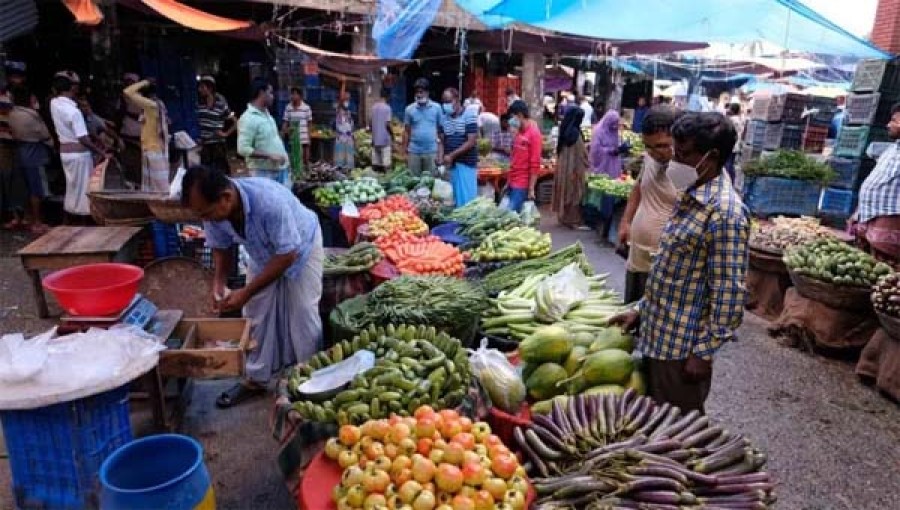
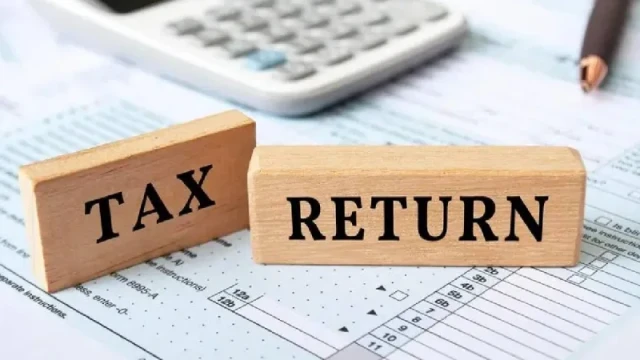

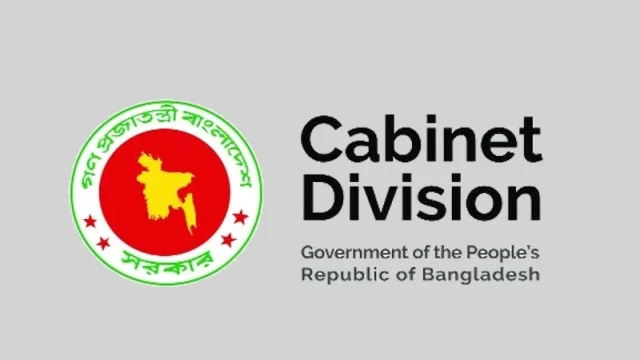
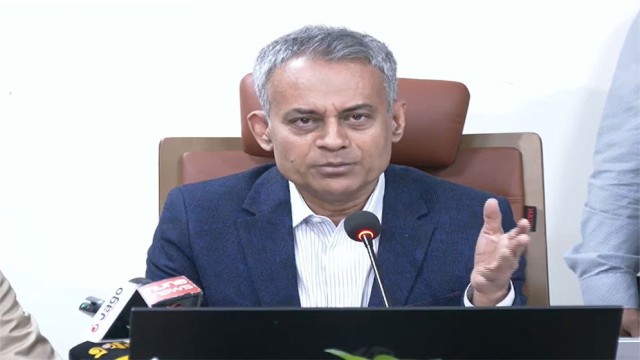









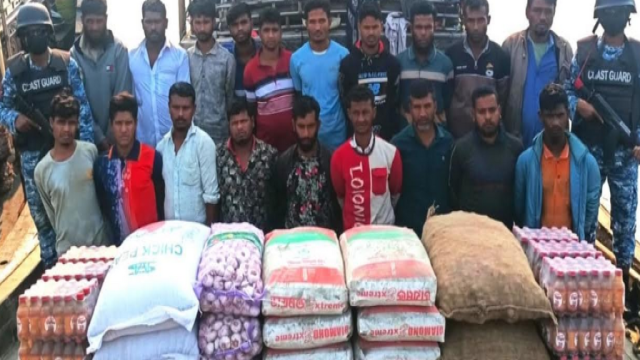













Comment: